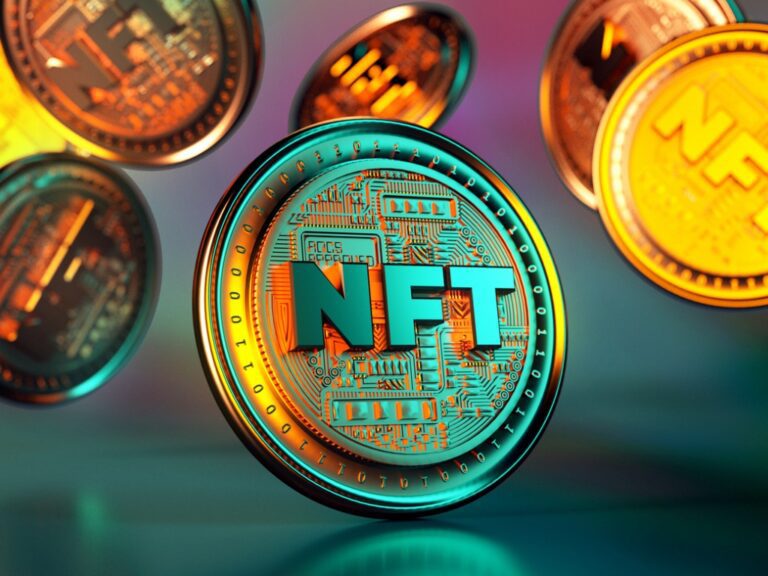Second Circuit Narrows Scope of Wire Fraud Prosecutions
August 21, 2025

According to an article by the Duane Morris firm, the Second Circuit recently limited the reach of the federal wire fraud statute, 18 U.S.C. § 1343, holding that a conviction requires proof that the property at issue had commercial value to its holder.
In United States v. Chastain, the court reversed the conviction of a former OpenSea manager by finding that the company’s confidential business information could not serve as the basis for wire fraud without evidence of its economic worth.
The ruling narrows the statute’s scope and places new evidentiary burdens on prosecutors pursuing such cases.
The case stemmed from a novel case involving digital assets. Federal prosecutors alleged that Nathaniel Chastain improperly traded non-fungible tokens (NFTs), using information about which assets would be featured on OpenSea’s website. The trades generated roughly $57,000 in profits.
Instead of bringing charges under Section 10(b) of the Securities Exchange Act and Rule 10b-5, prosecutors relied on wire fraud, thus avoiding the unresolved question of whether NFTs qualify as securities.
This charging decision made the Second Circuit’s interpretation of the property element critical.
On appeal, the court rejected the trial court’s instruction that prosecutors need not prove economic value. Instead, it held that confidential business information can constitute property only if maintaining its secrecy has commercial value to the company.
In doing so, the Second Circuit aligned its reasoning with recent Supreme Court decisions narrowing the definition of property for fraud prosecutions.
Chastain raises the bar for wire fraud cases in the influential Second Circuit. Prosecutors will likely have to rely on expert testimony to demonstrate commercial value.
Defense counsel gain a stronger basis for challenging charges involving misappropriated information, particularly in digital asset cases.
The decision also sets the stage for Supreme Court review, given the persistent uncertainty over what qualifies as “property” under federal fraud statutes.
Critical intelligence for general counsel
Stay on top of the latest news, solutions and best practices by reading Daily Updates from Today's General Counsel.
Daily Updates
Sign up for our free daily newsletter for the latest news and business legal developments.



